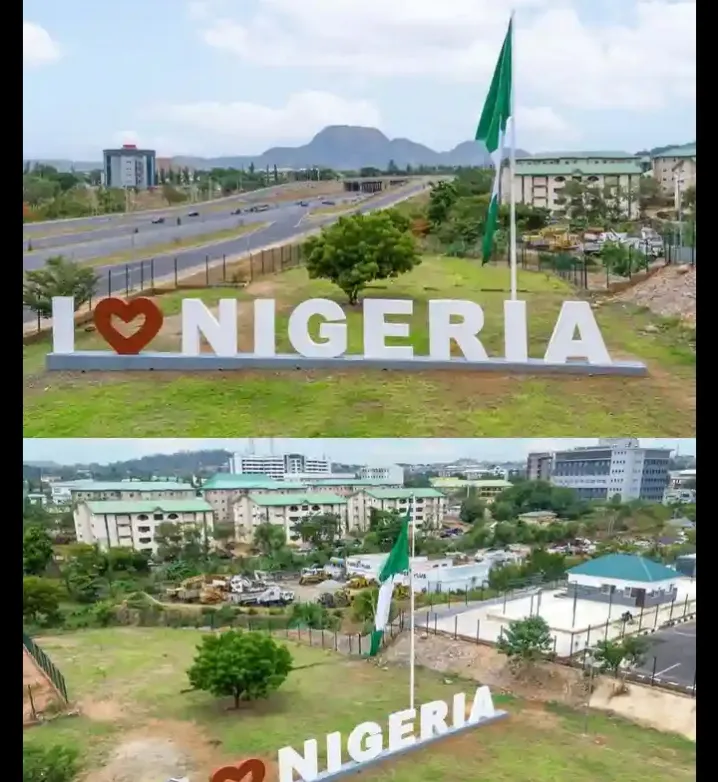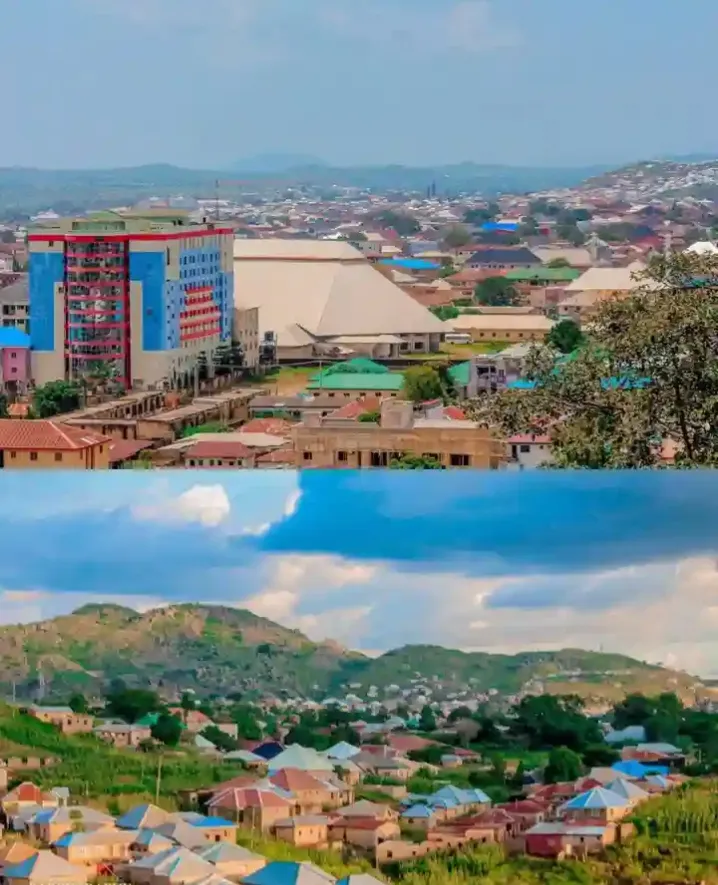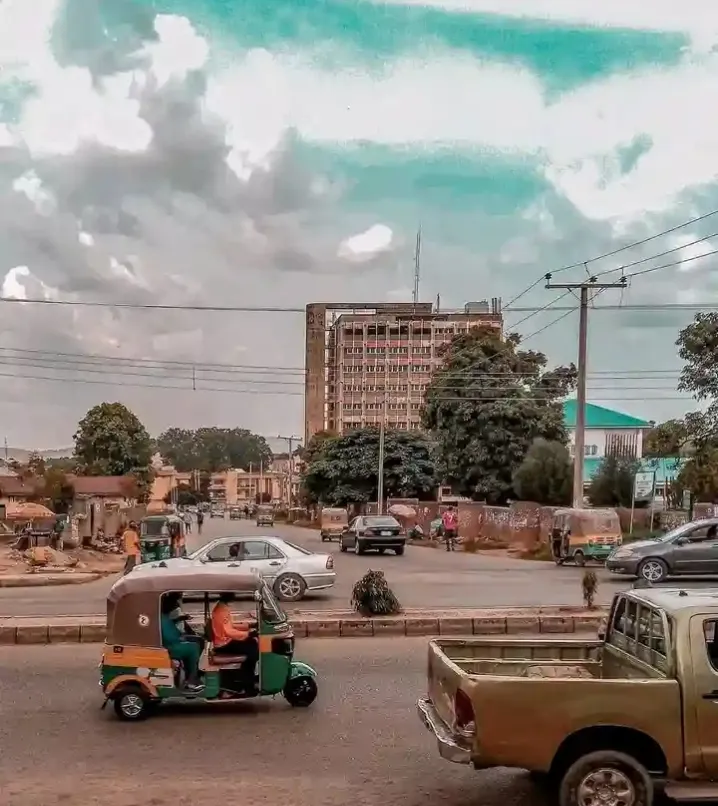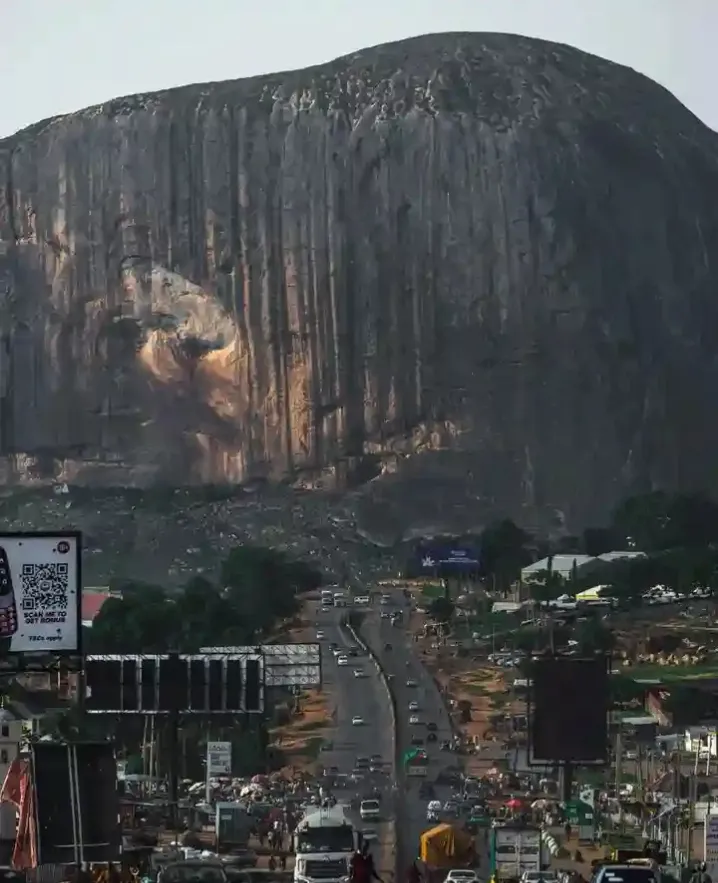
Nigeria, located in West Africa, is the most populous country on the continent and the seventh most populous in the world. With a rich cultural heritage, diverse landscapes, and abundant natural resources.

Nigeria has earned its reputation as the "Giant of Africa." This nickname not only reflects its size and population but also its strategic position as a hub for regional and global trade, commerce, and cultural exchange.
Geography and Climate
Nigeria spans approximately 923,768 square kilometers, sharing borders with Benin, Chad, Cameroon, and Niger. The country's diverse geography includes:
- The Niger Delta: A vast network of rivers, creeks, and wetlands.
- The Sahel Region: A transitional zone between the Sahara Desert and the savannas.
- The Jos Plateau: A highland region with temperate climate.
- The Coastline: 850 kilometers of Atlantic coastline.
Nigeria's climate varies from tropical in the south to savanna in the north, with two distinct seasons: wet and dry.
Economy
Nigeria's economy is driven by:
- Oil and Natural Gas: The country is the 12th largest producer of petroleum.
- Agriculture: Major crops include cocoa, coffee, cotton, and cassava.
- Manufacturing: Textiles, food processing, and construction materials.
- Services: Finance, telecommunications, and tourism.

Nigeria boasts over 250 ethnic groups, with three main languages: Hausa, Yoruba, and Igbo. The country's cultural richness is evident in:
- Traditional Music and Dance: Afrobeat, Highlife, and Fuji.
- Art and Craftsmanship: Wood carvings, textiles, and pottery.
- Cuisine: Jollof rice, suya, egusi soup, and akara.
- Festivals: Osun Osogbo, Eyo, and Durbar.

History
Nigeria's history dates back to ancient civilizations, including:
- Nok Culture (1000 BCE - 300 CE).
- Hausa Kingdoms (1200 - 1800 CE).
- Yoruba Empire (1300 - 1897 CE).
- British Colonization (1914 - 1960 CE).
- Independence (October 1, 1960).

Despite its potential, Nigeria faces challenges:
- Corruption.
- Security concerns (Boko Haram, kidnappings).
- Infrastructure deficits.
- Economic inequality.
However, opportunities abound:
- Diversification of the economy.
- Investment in infrastructure.
- Human capital development.
- Innovation and entrepreneurship.

Major cities:
- Lagos
- Kano
- Ibadan
- Abuja
- Port Harcourt

Natural resources:
- Oil
- Natural gas
- Coal
- Iron ore
- Tin
- Columbite
Tourist attractions:
- Osun Osogbo Sacred Grove
- Kainji National Park
- Benin City National Museum
- Obudu Plateau
- Yankari Game Reserve
